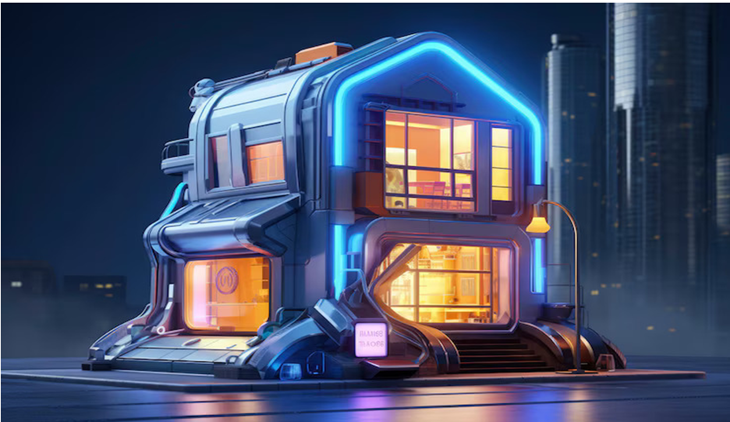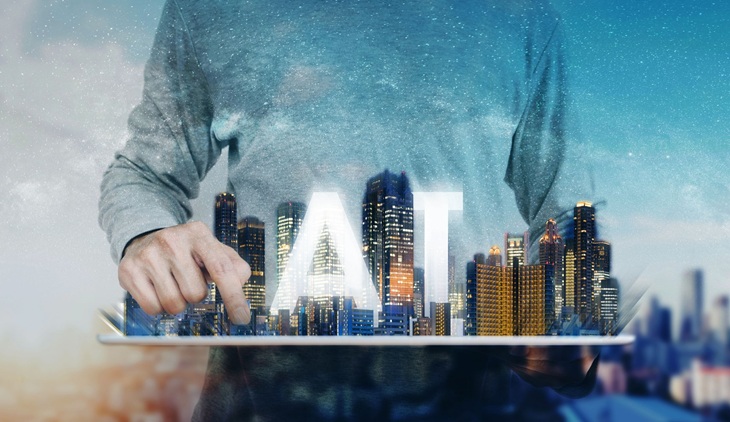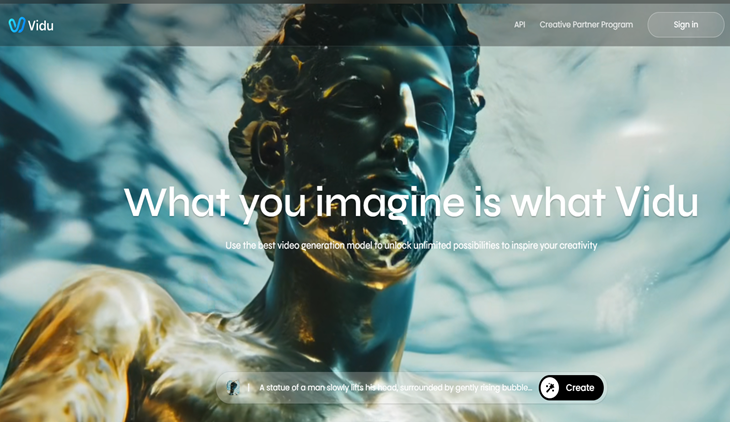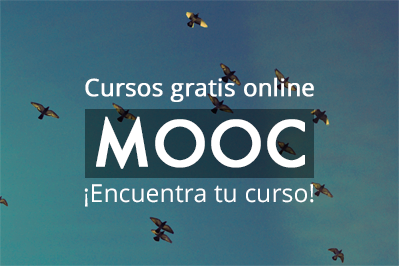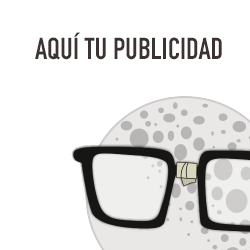Artificial Intelligence (AI) is revolutionizing industries across the globe, and its impact on the job market in 2025 is undeniable. From automation to AI-driven decision-making, businesses are adapting to new ways of working, leading to both job displacement and creation. While some fear that AI will replace human workers, the reality is more nuanced—AI is reshaping jobs, enhancing productivity, and generating new career opportunities.
In this article, we’ll explore how AI is transforming employment in 2025, the industries most affected, and how professionals can adapt to the changing landscape.
1. AI is Automating Repetitive Tasks
One of the most significant changes AI brings to the job market is automation. AI-powered systems can now perform repetitive, time-consuming tasks more efficiently than humans.
Industries Most Affected by AI Automation:
✅ Manufacturing & Logistics – AI-driven robots are handling assembly lines, packaging, and warehouse management.
✅ Retail & Customer Service – Chatbots and AI assistants are replacing traditional customer support roles.
✅ Data Entry & Administration – AI-powered software automates report generation, invoicing, and record-keeping.
While automation may lead to job displacement in these sectors, it also opens new positions for workers skilled in AI management, troubleshooting, and optimization.

For the latest insights on technology, AI advancements, and job market trends, visit Globz.info – your trusted source for breaking tech news!
2. AI is Creating New Job Opportunities
Contrary to popular belief, AI isn’t just replacing jobs—it’s creating entirely new career paths. As businesses integrate AI into their operations, the demand for AI specialists, data analysts, and AI ethics consultants is growing.
Emerging AI-Driven Careers in 2025:
🚀 AI Trainers – Professionals who teach AI systems to recognize human behavior, speech, and patterns.
🚀 Artificial Intelligence Ethics Consultants – Experts who ensure AI algorithms are fair, unbiased, and ethical.
🚀 AI-Augmented Healthcare Workers – Doctors and nurses using AI-powered diagnostic tools to enhance patient care.
🚀 Cybersecurity Analysts – AI-powered security systems require skilled professionals to monitor threats and vulnerabilities.
These careers highlight how AI is shaping the workforce by offering high-paying, in-demand job roles.
3. The Rise of AI-Human Collaboration
Instead of replacing humans, AI is increasingly being used to enhance human productivity. Companies are implementing AI-driven tools that allow employees to focus on creative, strategic, and complex problem-solving tasks while AI handles the repetitive work.
Examples of AI-Human Collaboration:
🔹 AI-Powered Virtual Assistants – Helping professionals manage emails, schedules, and task prioritization.
🔹 AI in Healthcare – Doctors using AI-based diagnostics to detect diseases faster and more accurately.
🔹 AI-Enhanced Marketing & Content Creation – AI tools assist in SEO optimization, market research, and content generation.
This collaboration between AI and humans is leading to higher productivity, better decision-making, and job roles focused on human expertise rather than manual labor.
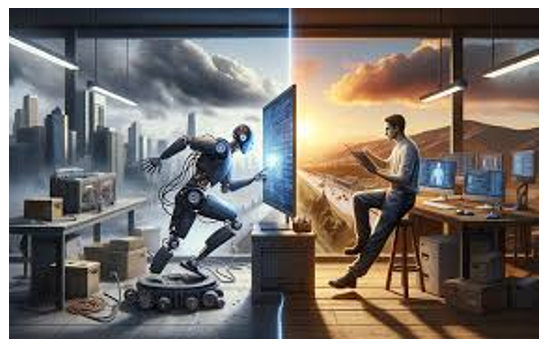
4. AI and Remote Work: The Digital Workforce Revolution
With the rise of AI-driven collaboration tools, remote work has become more efficient than ever. AI-powered platforms now enable:
✅ Automated project management – AI tools like Trello, Asana, and Monday.com streamline workflows.
✅ Smart virtual meetings – Artificial Intelligence enhances video calls with real-time transcription, language translation, and automatic meeting summaries.
✅ AI-Powered HR & Recruitment – AI-driven algorithms match job seekers with employers, optimizing recruitment processes.
The ability to work remotely is expanding job opportunities globally, allowing companies to hire skilled professionals from any location.
5. How to Adapt to AI’s Impact on the Job Market
With AI rapidly changing industries, professionals must adapt and upskill to stay competitive. Here’s how:
Top Skills to Learn in 2025:
📌 AI & Machine Learning Basics – Understanding how AI works and how to apply it in different industries.
📌 Data Analysis & Interpretation – Learning to work with Artificial Intelligence-driven insights for better decision-making.
📌 Cybersecurity & Digital Literacy – Protecting digital assets in an AI-powered world.
📌 Soft Skills (Creativity, Critical Thinking, Emotional Intelligence) – AI lacks human intuition and empathy, making these skills highly valuable.
By upskilling and embracing AI technologies, individuals can future-proof their careers and stay relevant in the job market.
Final Thoughts – The Future of AI and Employment
The AI job revolution in 2025 is both challenging and full of opportunities. While AI is automating many jobs, it is also creating new career paths and enhancing productivity across industries. The key to thriving in this new era is adaptability—those who learn AI-related skills and embrace human-AI collaboration will find themselves at the forefront of the future workforce.

